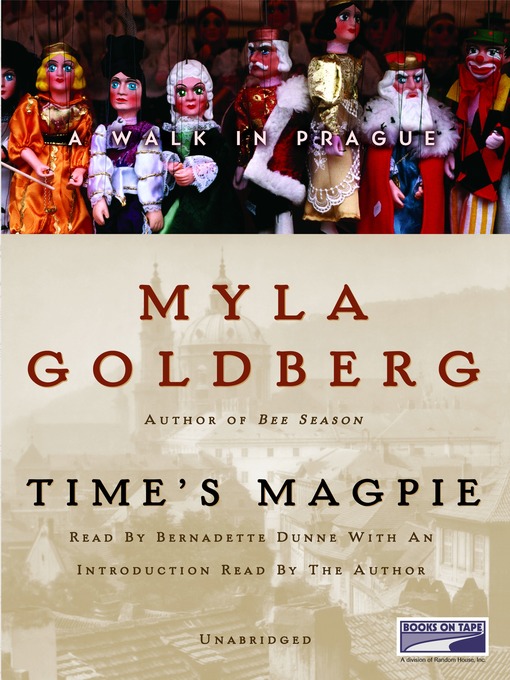 The Basics: Strawberry Fields, Marina Lewycka, 2007, 291 pages, hard cover
The Basics: Strawberry Fields, Marina Lewycka, 2007, 291 pages, hard coverHow I found it: I read enjoyed Lewycka's previous novel, A Short History of Tractors in Ukranian, so I put myself on the waiting list at the library for this one.
What's it about?: This novel is about a group of strawberry pickers in England. They are migrant workers from Eastern Europe, Africa and Asia who are brought in illegally to pick strawberries. The book centres around their lives in the two decrepit trailers they live in near the fields, and the 'adventures' they have after they leave the strawberry fields. The book begins with the narrative shifting between the nine workers and their dog, but by the end of the book, it has come to focus on the two Ukranians, Irina and Andriy. It is a story about being in a strange land where you don't understand what is going on, it is about hardship and about friendship and about 'adventure'. Apparently, it is also supposed to be funny.
Did I like it?: I HATED this book. I have read books that are much worse than this one, but I feel I must give a much harsher critique of the this book because I really enjoyed Lewycka's work in the past, the book has recieved critical acclaim, and she was previously nominated for the Booker. The idea of this book is a good one, but it was so poorly executed I just couldn't believe it. The idea of telling a story from such a wide array of perspectives is interesting, but it obviously was too much work since Lewycka had to keep inventing reasons for some of the characters to leave so that she could focus on less of them. The plot of the book was also terrible. I have watched some nighttime soaps that had better thought out plots. Lewycka seems to think that sending bumbling immigrants careering across England in search of some destination at random would be a recipe for plot success. Perhaps this book is meant to be character-driven and then the plot doesn't matter so much. Except that there is so much filler going on that we don't get to focus on the characters that much, and the flash-back scenes to Andriy and Irina's pasts just seem contrived. The book is also supposed to be funny. Overall, I found it quite sad and depressing and felt sorry for the characters. I think I was supposed to laugh at them, since there wasn't anything to laugh with them about. I didn't feel like laughing at them though, since they were so sad and so stereotyped. All in all, I hated reading this book and couldn't wait for it to be over. (However, I will say that the only redeeming part was that sometimes the dog's narrative was funny when it wasn't completely annoying.)
Will you like it?: This one is not recommended. According to some reviews I've read, apparently British people find this book funny, since they find immigrant stereotypes, particularly the bumbling type, to be hilarious. If you find that hilarious, then by all means read this book. Otherwise, stay well away and pick up Lewycka's other book, also about Ukranian immigrants instead. It is genuinely funny and well written, two qualities this book definitely lacks.
But don't take my word for it: The usual and reader reviews from Amazon, a review from Toronto's Now Magazine, one that says what I was thinking, only in a nicer tone, from the New York Times, another one from the LA Times, and one from the UK's The Guardian (where the book was published as Two Caravans).


